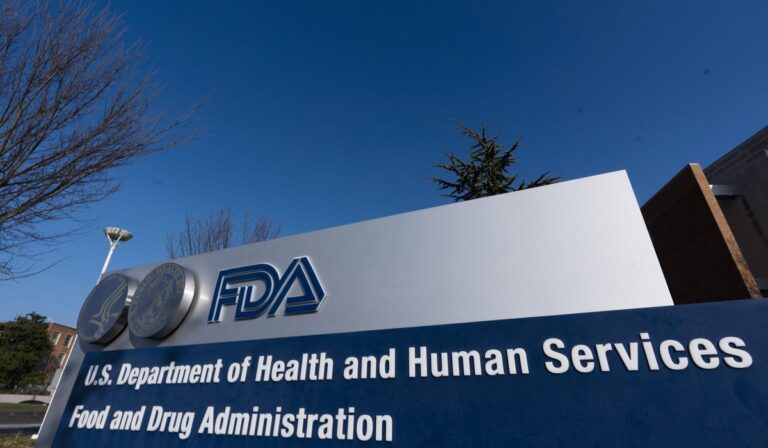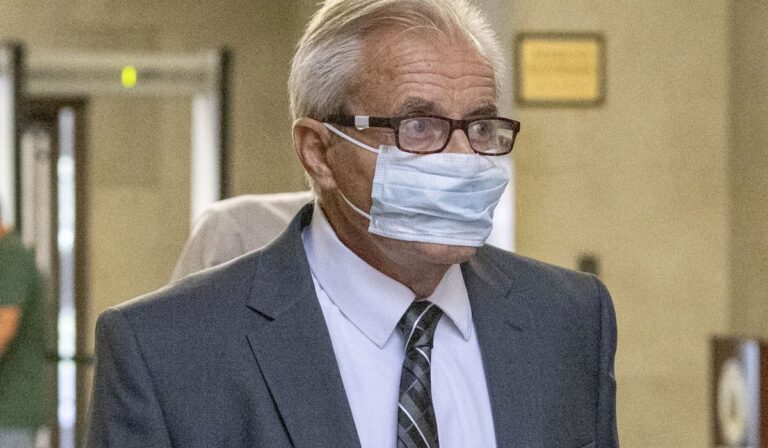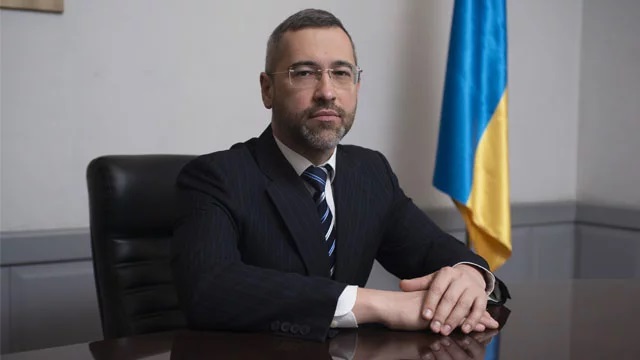
A group of biotech investors and doctors are warning that the Senate’s drug-pricing proposal, aimed at lowering skyrocketing prices, would “strike a huge blow” to patient access and halt research on new treatments for Alzheimer’s disease, heart disease and cancer.
Democratic senators last month announced a deal on legislation they say would lower inflation, reduce the deficit, address climate change and cut the cost of prescription drugs.
One of the provisions would require the U.S. government to negotiate the prices of dozens of higher-cost prescription drugs covered under Medicare. Negotiating drug prices has been a long-sought goal of Democrats who want to rein in the power of Big Pharma and respond to public outrage over high prescription drug prices, particularly for seniors.
Under the legislation, drugs that are nine to 13 years away from FDA approval would be subject to negotiated pricing from the Centers for Medicare and Medicaid Services. The plan would not only save money for seniors, it would save the government $100 billion over the next ten years.
But biotech investors are warning that the types of drugs subjected to negotiations while nine or more years away from FDA approval will lose critical investment dollars.
“The bill as written right now, where CMS would be given the power to essentially set the prices with really draconian punishments for any company that doesn’t accept the prices they want for drugs, would be harmful to some innovation,” Peter Kolchinsky, a biotechnology investor who runs the Boston-based firm RA Capital Management, said Wednesday.
Investors say the nine-year negotiation threshold, which applies to “small molecule” drugs, would deter investments in research for the kinds of treatments that have become staples in Americans’ medicine cabinets.
Examples of small molecule drugs now on the market include blood pressure medicines, cholesterol-lowering drugs such as Lipitor, and aspirin.
“The harms of this bill, if unchanged, would be that it will put an end to a lot of Pharma revenues for older drugs, but it will eliminate the incentive for Pharma to work with small companies or acquire small companies that are developing small molecule drugs for diseases of aging, because ultimately there won’t be enough profit for anybody, not the small company, not the former, to bother taking on all that risk and cost for just nine years on the market,” Mr. Kolchinsky said.
The biotech investors want Democrats to re-write the legislation to extend the FDA negotiation deadline to 13 years for small molecule drugs.
“Leave it at nine and you just break the system,” Mr. Kolchinsky said.
The Congressional Budget Office, which analyzed the impact of negotiated drug prices, estimated the prescription drug negotiation provision would reduce the number of new drugs introduced in the U.S. market by just 1% over the next 30 years, which amounts to 15 fewer drugs out of 1,300 that will be produced.
“The alarm bells need to be put into the context of other estimates by the Congressional Budget Office that indicate that the number of drugs not coming to market would be relatively small,” Tricia Neuman, senior vice president of the Kaiser Family Foundation and executive director of the KFF program on Medicare policy, told The Washington Times.
Ms. Neuman said the question left for biotech investors, if the bill becomes law, is whether “a nine-year period without negotiations, without any type of price constraints established in a negotiation-price process, is sufficient to bring a drug to market.”
“The CBO implicitly is suggesting the answer is yes, given the small number of drugs that they think would not come to market,” she said.
But biotech investors say the proposed regulations in the Senate bill would have a profound impact on the development of new drugs, which Dr. Gaurav Gupta, founder of Ascendant BioCapital, said has experienced “a golden age of innovation” with new treatments that have extended the lives of cancer patients and successfully treated other diseases.
“It seems like those wheels are starting to turn almost against the sector here in a way that is not only counterproductive but is baffling to most of us,” Dr. Gupta said.
One investment analyst said cutting drug prices under the Senate plan will have a $345 billion market impact by 2031 and force investors to take on more risk by reducing revenue on some drugs by 55% or more and in some cases, 100%.
“When you drop by 55% revenue, you don’t get 55% less drugs, you get 70% or 80% less drugs,” said Duane Schulthess, managing director of Vital Transformation, which represents the drug industry.
The Medicare provisions in the Senate bill go further than negotiating drug prices.
Under the legislation, drug companies beginning this year would have to provide rebates if they raise the price of any drug on the market faster than the rate of inflation.
The bill would also eliminate the 5% coinsurance requirement above the catastrophic threshold in 2024 and cap Medicare prescription drug out-of-pocket spending at $2,000 beginning in 2025. Overall, the Medicare changes would save the government nearly $300 billion over the next decade.
Advocates for lowering drug prices say Big Pharma has jacked up drug prices beyond the rate of inflation to raise profits while thwarting the advance of generic and less-expensive equivalents to their treatments.
In the first week of July, pharmaceutical companies increased prices on more than 100 brand-name prescription drugs. The companies hiked prices on 800 brand-name drugs in January.
“Those price increases have continued to rival or exceed the rate of inflation as part of a long-standing trend of brand name drug companies seeking to maximize profits by increasing prices on drugs that face little or no competition,” said Jon Conradi, a spokesperson for CSRXP, which advocates for market-based reductions in drug costs. “They’re able to continue hiking those prices because they game the patent system and engage in other anti-competitive practices to extend monopolies and maintain exclusive pricing power.”
RSS




















